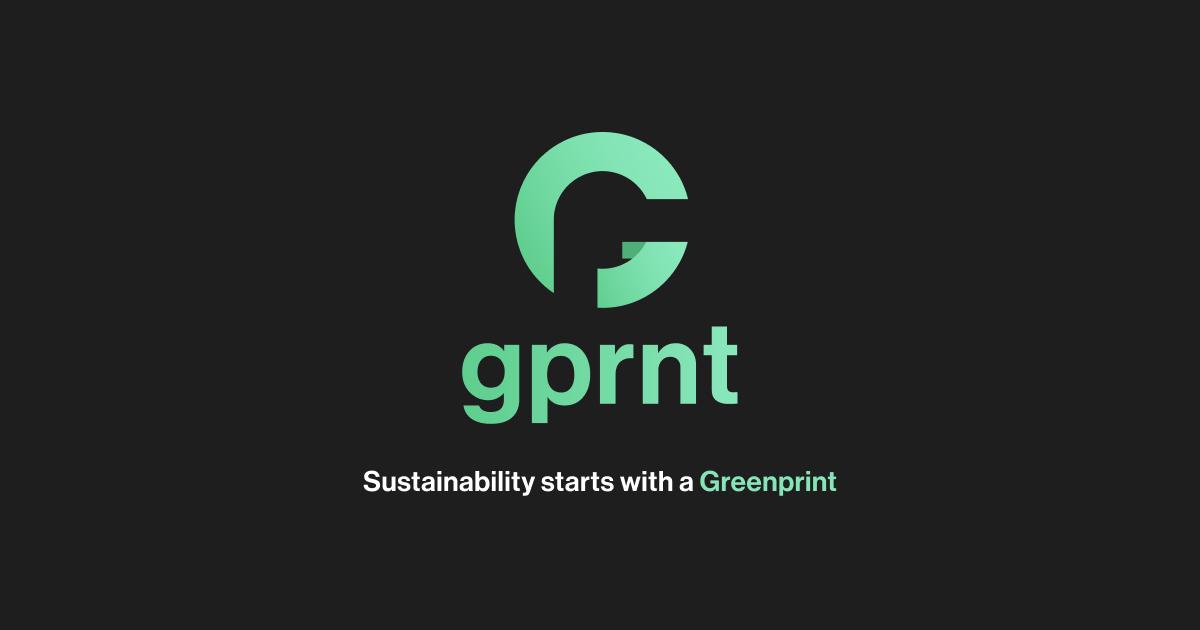Fleet electrification is a strategic way to drive ESG outcomes. In Singapore, ESG reporting is now a core business mandate. Listed companies and large non-listed firms must align their disclosures with climate-related and governance metrics under the leadership of the Singapore Exchange Regulation (SGX RegCo), the Accounting and Corporate Regulatory Authority (ACRA), and the Monetary Authority of Singapore (MAS).
Using electric vans like Green Volt’s Higer H5C and H5F, agencies and SMEs can capture the kind of performance data that fuels ESG strategy and strengthens institutional accountability.
ESG Compliance in Singapore: A Clearer Path for Business
Singapore has become a leader in ESG regulation across Asia. Starting in 2025, all listed companies and large non-listed firms must disclose greenhouse gas emissions under new reporting rules shaped by the Sustainability Reporting Advisory Committee (SRAC), SGX RegCo, and ACRA. The reporting will expand to include supply chain emissions (Scope 3) by 2026. These updates are part of Singapore’s commitment to global ESG standards, guided by the International Sustainability Standards Board (ISSB).
To help businesses stay on track, the Monetary Authority of Singapore (MAS) rolled out Project Gprnt (pronounced “Greenprint”). This includes tools like ESGpedia—a blockchain registry of verified ESG data—and the Greenprint Marketplace for ESG tech solutions.
MAS also introduced a “green taxonomy” system with the Green Finance Industry Taskforce (GFIT), labeling activities as green, transitioning, or harmful. The result? Companies now have clearer benchmarks and real-time data tools to track their sustainability performance. With increasing scrutiny around greenwashing, data from electric fleets—such as Green Volt’s solar-powered EVs—now serves as vital, trackable proof of ESG action.
Real-World Possibilities: EVs as ESG Tools
Imagine how electric fleets can transform everyday operations across different sectors. Imagine the hypothetical case studies below to illustrate how institutions—from schools to SMEs—can drive ESG impact through practical, measurable fleet electrification.
Clean Fleets Shape Cleaner Air and Measurable Impact for Schools
A school switches its diesel vans to electric H5C vans. By doing so, it eliminates tailpipe emissions entirely and aligns with Singapore’s Green Plan 2030 goals. Telematics record every route’s energy consumption, allowing the school to calculate Scope 1 and Scope 2 emissions. This data feeds directly into their annual sustainability report, supporting compliance with SGX “comply or explain” rules.

The school also installs Energio Solar-backed solar charging stations. Combined with LTA grants like the EV Common Charger Grant (ECCG), the school achieves over 50% funding support—up to $4,000 per charger. The resulting carbon savings and energy usage metrics strengthen both ESG compliance and environmental governance frameworks under MAS and ACRA.
Each Delivery Becomes a Sustainability Win for SMEs
A logistics firm based in Tuas replaces 10 diesel vans with the Higer H5F, yielding 6.1 m³ cargo space and up to 275 km range. With each replacement, the company cuts carbon emissions by approximately 50% compared to ICE vehicles. They install solar-powered chargers—co-funded via LTA grants—and enable EVOne Charging too, creating a green footprint that can be shared with key clients and regulators in tenders.

They integrate telematics to collect data on kilometres driven, battery usage, and route efficiency. This data aligns with the financial institutions’ environmental risk metrics under MAS' Guidelines on Environmental Risk Management (ERM). By tracking emissions, the SME also positions itself ahead in ESG disclosure, which is essential for supplier requirements from retail MNCs and public-sector contract bids.
EVs Enhance Readiness and ESG Resilience for the Defense Sectors
The Armed Forces introduces battery-powered minibuses for base logistics. These EVs reduce engine noise and eliminate CO₂ emissions on-site. They also deliver more than 60% energy-to-motion efficiency—versus just 20% for ICEs—supporting cleaner air in sensitive military zones.

Using real-time telemetry, SAF tracks fleet energy use and maintenance cycles. This data supports ACRA and SGX-aligned climate reporting requirements and aligns with environmental risk frameworks promoted by MAS. Plus, in collaboration with SkillsFuture Singapore (SSG) and Workforce Singapore (WSG), the armed forces uses National EV Specialist Safety (NESS) certification programs to train technicians—ensuring technical readiness for long-term fleet maintenance.
Resort Shuttles Become ESG Statements
A resort upgrades its guest shuttle fleet to solar-charged Higer EV vans. The vans operate with zero tailpipe emissions, reflecting a 50–63% reduction in carbon compared to ICE vehicles, per LTA data. They run silently, improving guest satisfaction and reinforcing the resort’s brand as a sustainable hospitality leader.
The resort logs trip and emissions data on ESGenome, meeting SGX-level transparency standards. They partner with ComfortDelGro Engineering, Green Volt, and EVOne Charging to deploy solar-integrated chargers. Their efforts align with GFIT green taxonomy and support SGX-listed investors’ focus on green assets.
Fleets as Verified Tools for ESG Compliance
Today’s fleets do more than transport—they generate proof. By tracking emissions, operating costs, and energy sources, public agencies and SMEs can meet ESG requirements under SGX, ACRA, ISSB, MAS, and GFIT.
Partners like Greenvolt Pte Ltd , Energio Solar and EVOne Charging Pte Ltd help transform policy into actionable performance. With every kilometre traveled, fleets help institutions not just comply—but lead.





